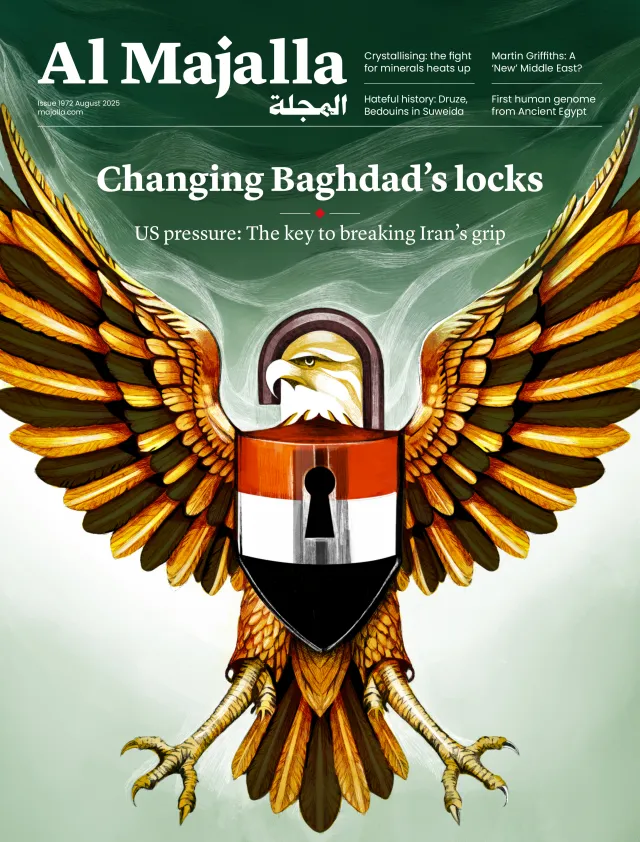- English Newsletter 4 August 2025
- English Newsletter 4 August 2025
Weekly Newsletter
Sign up to receive a selection of Al Majalla articles directly to your inbox every Monday.

After the UK, France, and Canada said they would recognise a 'State of Palestine', Majed Kayali asks whether this has brought statehood any nearer to fruition, in the run-up to the United Nations General Assembly in September.
In Syria's semi-autonomous border regions, such as Suweida in the south, outbreaks of violence since December 2024 are not simply sectarian, Caroline Rose explains; they are also turf wars in the lucrative smuggling trade.
In Sudan, the paramilitary Rapid Support Forces (RSF) have just set up a parallel government, says Amjad Farid. Ironically for a militia accused of heinous war crimes, it is called the Government of Peace.
Meanwhile, in Lebanon, Bilal Y. Saab says the government's task now is to disarm Hezbollah, which will not lay down its arms voluntarily. Why not use the Lebanese Armed Forces? They are not the ragtag crew they once were.
In Opinion, Hind Aleryani discusses the prominence and mixed fortunes of two Swedish politicians of Palestinian heritage, reflecting on the benefits of political participation in Stockholm of those of Arab origin.
In Turkey, there is quiet optimism that the terrorist PKK Kurdish group may finally disband, but as Rustum Mahmoud explains, the spectre of Israeli aggression goes to a fundamental part of Turkish identity.
The direction of the state in Syria is of concern to Alia Mansour, who says it can go one of two ways: towards stability, or chaos. Iran, which until recently held great sway over Damascus, may opt for the latter.
In Culture, Al Majalla's Samer Abou Hawwach remembers Ziad Rahbani, the late musician, actor, poet, and political activist, and considers his legacy, after his recent death in Beirut, aged 69.
In Saudi Arabia, public libraries are being given a makeover, says Jaber Muhammad Madkhali, to create new Cultural Houses, envisaged as hubs for innovation, ideas, and networking, in a bold new plan.
In Business, Hussein al-Sharaa considers the steps that his son (President Ahmed al-Sharaa) and his ministers will have to take to put the state and the economy on an even keel. No small task, given the decimation.
In Lebanon, where most of the population has to work with patchy broadband connections, Elon Musk's Starlink satellite-based internet could help, but as Abdulfattah Khattab explains, things are never that simple here.
Finally, Al Majalla profiles a former British diplomat who is now a senior UN official with a remit covering humanitarian affairs. Con Coughlin looks in detail at Tom Fletcher, whose criticism of Israel over Gaza has irked Tel Aviv.
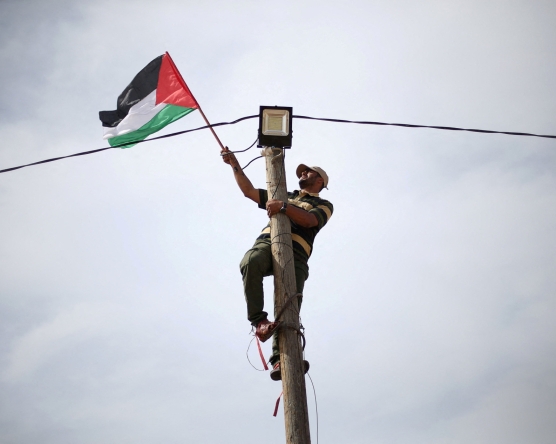
Will Gaza’s suffering lead to a State of Palestine at last?
An international conference in New York this week generated momentum towards diplomatic recognition, but what precisely would be recognised? The West Bank is splintered and Gaza is under rubble.
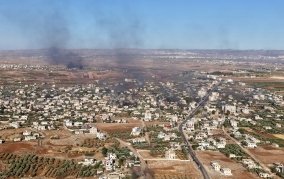 Politics
Politics
Illicit economies play a big role in Syria’s post-Assad flashpoints
In areas like Daraa and Suweida, local groups are elbowing their way into some of the smuggling voids left by Assad's army and pro-Iranian groups like Hezbollah. That means more to fight over.
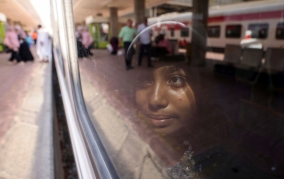 Politics
Politics
Going where? Sudan's illusory new 'Government of Peace'
The formation of a parallel government in Sudan is not the beginning of a solution, but the deepening of a moral and political crisis
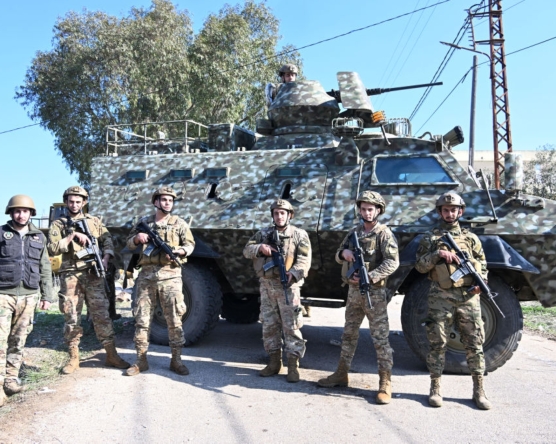
Don’t discount the Lebanese Army in a fight with Hezbollah
Lebanon's president and prime minister have a big decision to make: whether, and how, to use the army to disarm Hezbollah. Today's army can be trusted, but its task must be well thought through.
Bilal Y. SaabTwo politicians of Palestinian origin cause a stir in Sweden
Hind AleryaniHow a core part of Turkish identity is threatened by Israel
Rustum MahmudCaution needed: stepping through the Syrian minefield
Alia Mansour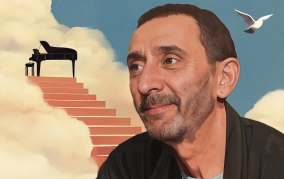 Culture & Social Affairs
Culture & Social Affairs
Ziad Rahbani: the heir to a legacy who dreamt of home
The famed Lebanese composer, pianist, playwright, and political commentator Ziad Rahbani died in Beirut on 26 July, aged 69. He was often labelled a 'genius.' The reality was far more nuanced.
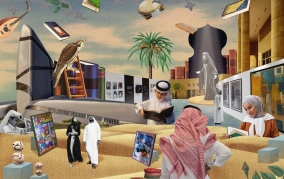 Culture & Social Affairs
Culture & Social Affairs
Saudi Arabia’s Cultural Houses: a new vision for public libraries
To set up 153 Cultural Houses across the Kingdom by 2030, Saudi Arabia wants to foster creativity and dialogue in pursuit of its vision for a knowledge-based society.
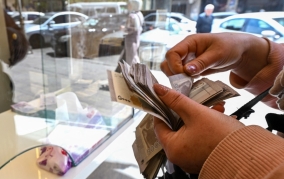 Business & Economy
Business & Economy
Towards a structural plan to drive development in Syria
Damascus is getting help from abroad, but it needs to set its economic stall out with a plan to rebuild its economy. An organised and disciplined fiscal and monetary policy will keep bankruptcy at bay
 Business & Economy
Business & Economy
Can Starlink help rewrite Lebanon’s broken telecoms rulebook?
The struggling economy could benefit hugely from the US firm's satellite-based internet service, given that it currently only has patchy broadband coverage. Will it be allowed, though?
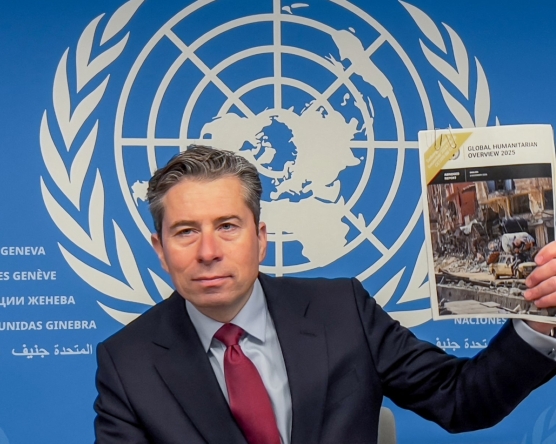
Tom Fletcher: the senior UN man calling out Israeli 'cynicism'
A former British diplomat now advising the UN Security Council has accused Israel of "making starvation a bargaining chip". Surprise, surprise, this did not go down well in Tel Aviv. Who is he?
